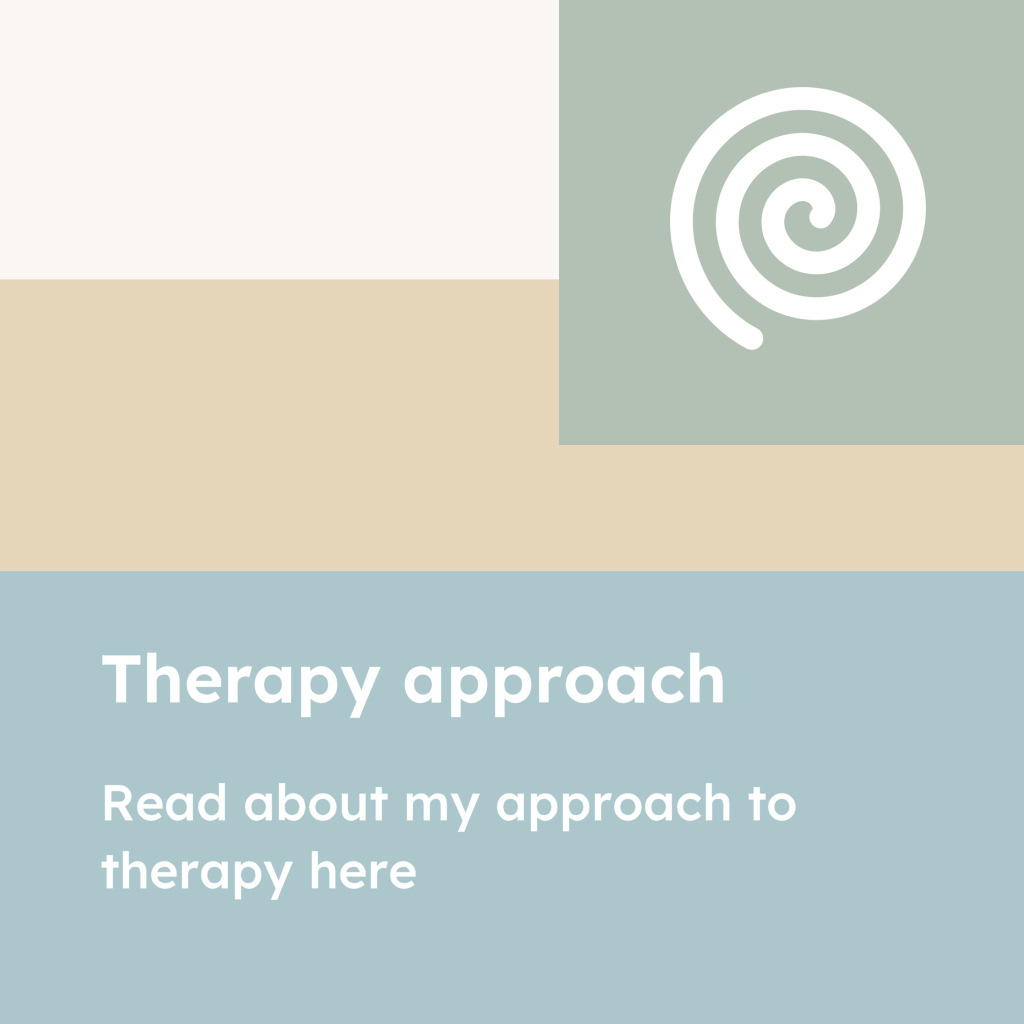How do people cope with a cancer diagnosis?
Typically, people experience a diagnosis of cancer as sudden, catastrophic, and life-threatening. It feels like a shock. The process of diagnosing and treating cancer involves multiple grueling interventions that are both physically and emotionally distressing.
The emotional earthquake people experience manifests as symptoms of anxiety and depression, which not only impact the patient’s quality of life but also healthcare service use. For example, depression has been associated with impaired immune response and with poorer survival in patients with cancer. A recent study that included nearly 15,000 patients argues that relative to patients with neither anxiety nor depression, those with anxiety alone, depression alone, or comorbid anxiety and depression are more likely to experience an emergency department visit and be hospitalized. Moreover, the length of hospital stays was also longer, and annual healthcare costs were significantly higher in all three clinical groups. In other words, anxiety and depression seem to make people sicker.
The evidence is clear across different types of cancer. And the impact, like a domino effect, reaches not only the newly diagnosed patients, but also those in treatment and even after treatment was completed. For instance, mental health struggles among many patients newly-diagnosed with bladder cancer have been shown to worsen their morbidity (number of symptoms) and mortality (life expectancy) rates. The incidence of suicide is also greater in this population. Another study I reviewed highlights the increased risk of anxiety, depression, negative body image, suicidal thoughts, and neurocognitive and sexual dysfunctions in breast cancer survivors compared with women with no prior cancer. In turn, colorectal cancer survivors are at increased risk for mental health problems in the short-term and long-term. Survivors who develop mental health disorders also experience decreased survival.
Psychotherapy can reduce symptoms of depression and anxiety. It functions as a safe space for emotional expression, social support, and cognitive symptom-management. And, in some cases, there is evidence that learning specific coping skills can lead to extended survival times and improved quality of life. On a more practical level, my approach to psychotherapy with cancer patients stresses the importance of assistance in managing the illness, navigating the healthcare system, or finding resolution to conflict with family members and caregivers. Ultimately, my approach to psychotherapy aims to help patients regain a sense of control in their lives.





